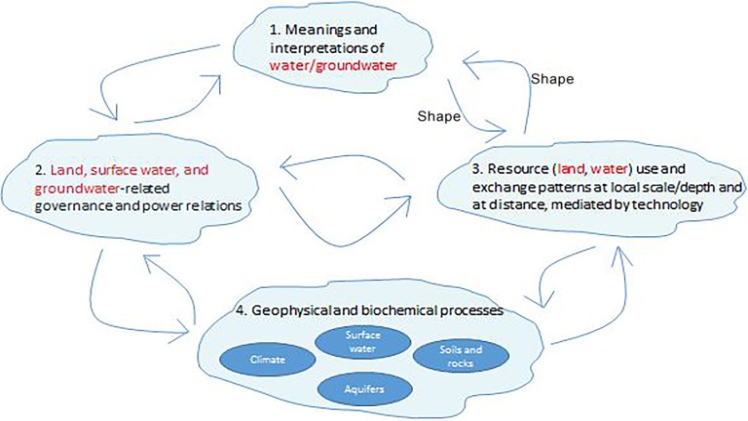Education experts are often concerned with the particular features and requirements of particular academics subjects and disciplines, and are apprehensive that an interdisciplinary approach will result in weaker subject competencies. We perceive no inherent conflict, but rather a positive synergy, between interdisciplinary education for sustainable development and the school’s work to develop subject competencies. However, careful planning and cooperation among teachers is needed to link problembased teaching to subject curricula.
An evaluation of several projects in the Norwegian network for environmental education indicate that that pupils’ scientific understanding can be heightened when scientists and experts are involved in developing the educational activities [9]. More research is needed, however, about the learning outcomes and specifically how they are produced.
Visit This Site: F95 Zone
Based on experience in Norway, we believe that pupils actually do gain better insight into a topic such as energy, by actively monitoring the school’s energy use and discussing how it can be reduced, than by reading about it in a textbook. Similarly, a scientific concept such as biological diversity will be easier to understand and remember if one has participated in registering species in a given locality and discussing preservation of biodiversity at that place. Visit now online best website viewster. And great needful best website weblo. And Click here pseudo.
Visit This Site: 7Starhd
The same is true of the social sciences aspects of sustainability. What better way could be found for pupils to learn about how a democratic society actually functions, for example, than to investigate how their local and national political representatives follow up international regulations? Each year, schools in Norway are invited to participate in a research campaign and in campaigns offered by organisations. You can visit here this site xfire and you get to the best latest information.Visit here zeepost
The content is developed by researchers and the campaigns are affiliated with the Norwegian Research Council and research institutions. The campaigns held from 2002-2009 were: Protect a cultural heritage site, CO2 on the way to school, RainCheck, SpringCheck, Water Quality in Norwegian schools, Road Dust, Indoor Climate and Keep Norway Tidy.
Read More: World Latest News Website thebuzzie.com and newdailyinformer.com also check tech social blog site igview.co
Check out f95zone, the best gaming site where you can play online games.
In 2009, the research campaign was carried out in more than 600 schools in Denmark, Sweden and Norway. Pupils investigated levels of CO2 and mould in the classroom air using standard scientific methods. They entered their results online and compared their results with those of other schools using online analytical tools.
Watch movie online from south freak

